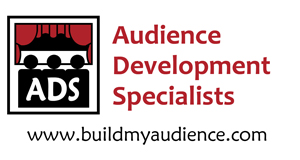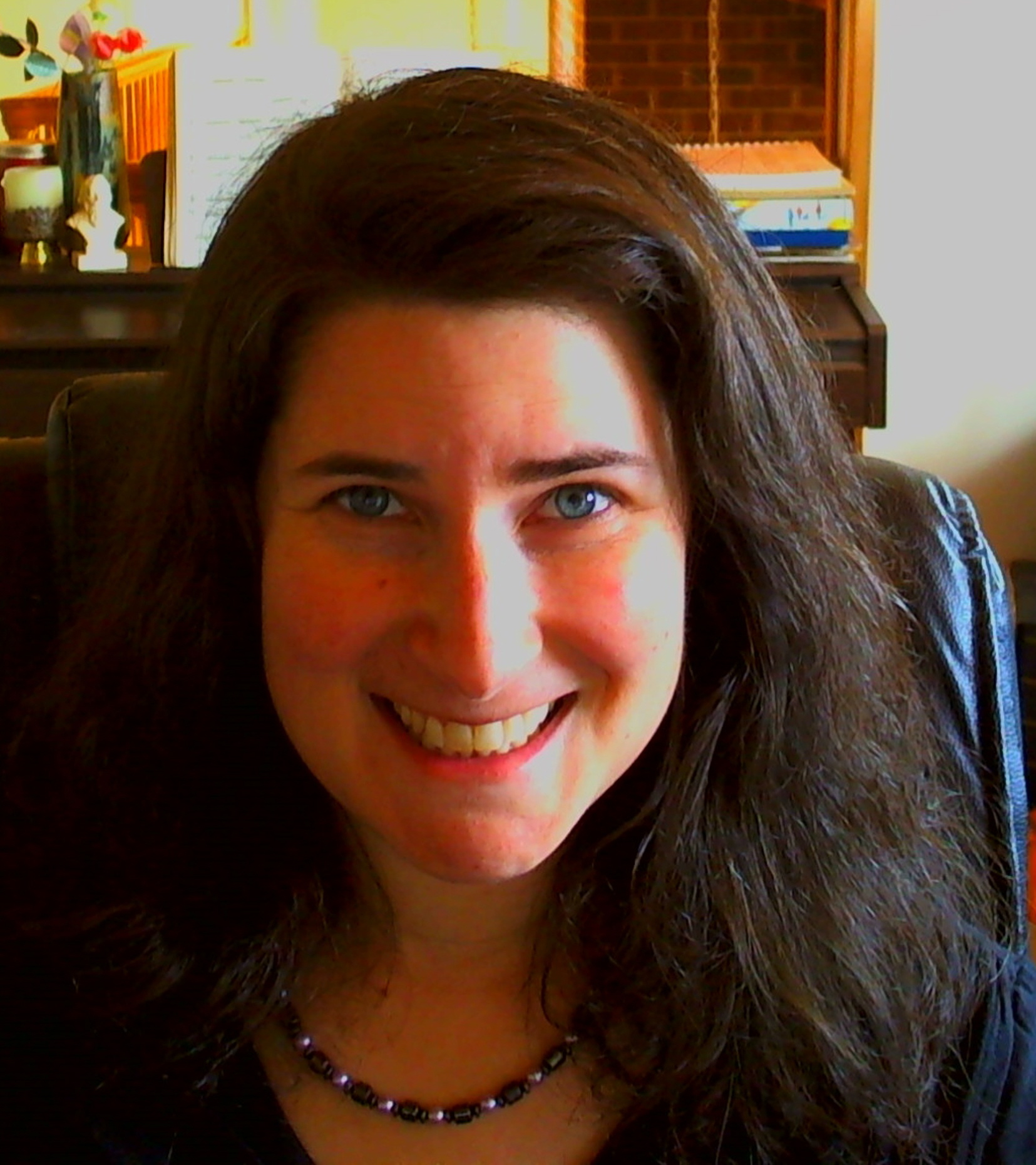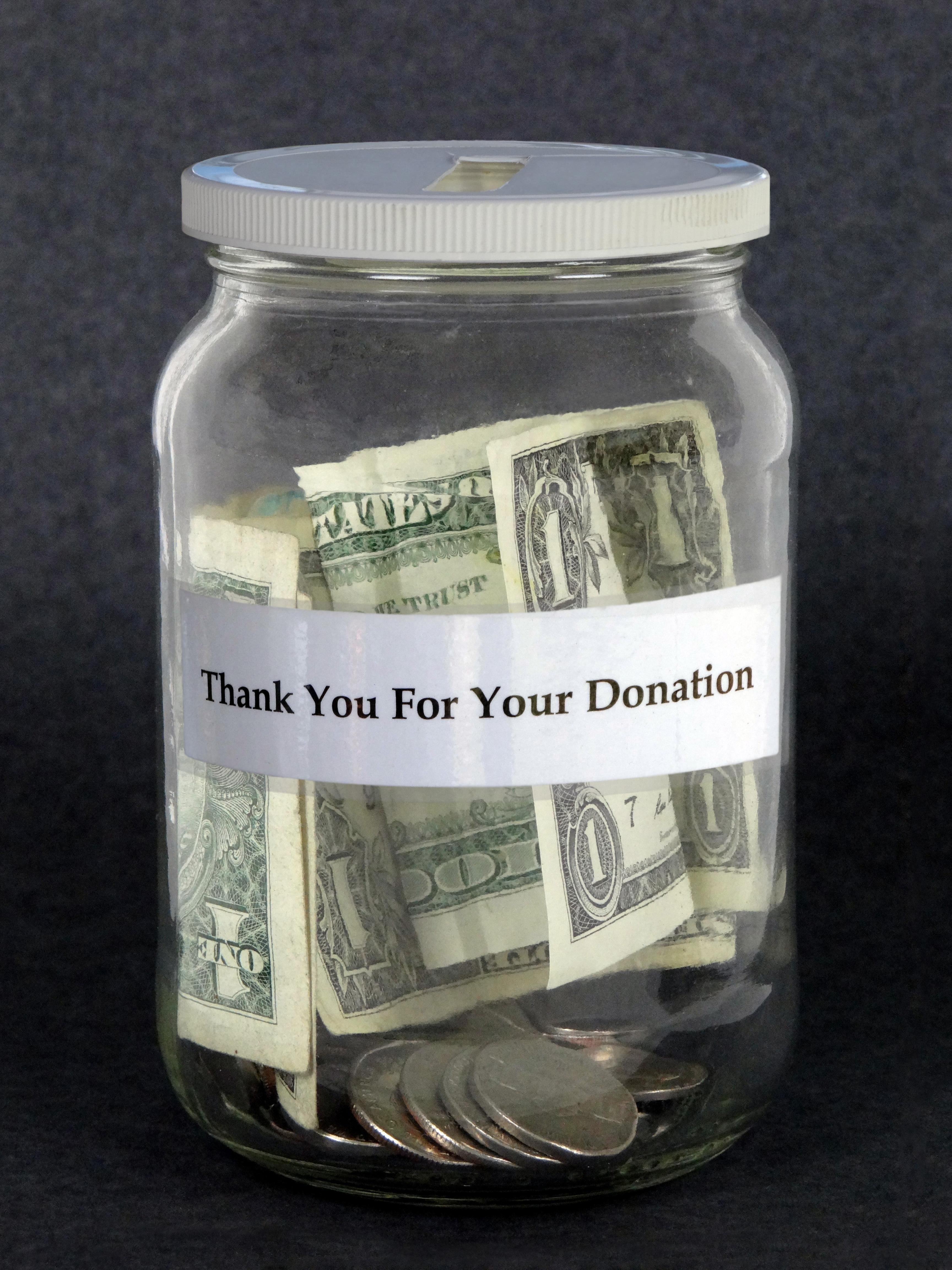I have been waiting to be struck by inspiration before my next post, and an article came my way via a twitter friend:
The Audience is the Most Important Instrument by Dan Visconti.
The viewpoint is focused on contemporary music, but we can extend this thinking beyond to all the arts:
Today I want to talk about a notion that is killing contemporary music. It’s an idea that is not confined to any one location, social group, or stylistic camp, and one that occasionally rears its head in both the halls of academia and the hippest coffee shops. It’s by no means the dominant way of thinking in the contemporary music world, but it is an idea so ubiquitous that it has become difficult to escape: that the audience does not matter as much as “the music,” and that considering the audience as an essential part of music composition is tantamount to pandering…somewhere along the way much of the contemporary music community has overstated the alternative to the point where an urge to connect with audiences is seen as a sign of weakness, commercialization, and “softness”—as if softness was always a bad thing, and inflexibility and lack of willingness to compromise always surefire signs of nobility.
The word “pandering” needs to be pondered. Being from the world of music, I sometimes get the impression that composers want to push the envelope so far that only an elite bunch would understand it. In other terms, only a few people will be able to handle or tolerate it. Highly educated ears may be open enough and possibly accepting, yet the average audience member may call it unappetizing noise.
If we truly want an audience again, this way of thinking is only going to suit our egos and not the arts in general. Art for art’s sake, there is a place for it, but it most likely will not be enjoyed, shared, nor a source of inspiration for the rest of us.
Visconti gives a story about Alfred Hitchcock that is worth repeating here:
Alfred Hitchcock used to say that he wanted to play the audience of his films “like a piano.” He did not compose his great works in a vacuum, but rather with a careful and shrewd understanding of how each creative decision helped to shape a different experience for the viewer. To update this idea to a mantra that composers can call their own, it’s worth remembering that the most worthy and challenging instrument of all to master is the inner experience of the listeners themselves: of all the tools in the composer’s arsenal, the audience is the most important instrument.
This of course is a story in favor of considering the audience. Hitchcock used the audience as an instrument to help create his own voice. Visconti’s words are a well formed rebuttal as well:
It’s a great era for the music of our time; one could not ask for more diversity, talent, and discipline than the crop of musicians active today at the beginning of what is sure to be a wonderful year for music. Don’t try to see yourself the way others do; it’s no use. But at the same time, don’t stop trying to see others, to consider their experiences and to feel what they feel with the fullness of your musical being. Reaching out to understand and consider others is the way that we truly come to understand ourselves; doing so does not make us weaker but stronger, and requires not abandoning our sense of self, but a kind of inner confidence that we can go beyond ourselves without fear of losing our identity.
The audience is the most important instrument. It helps us to see beyond ourselves and to keep us from creating our art in a vacuum. As we see in our world, considering other viewpoints will make us stronger, not weaker, and we will be able to learn about a broader reality than our own, alone. Considering the audience in a general sense can make us better artists because truly connecting with other people makes the arts the best they can be. It’s not a matter of pandering or catering, it is a matter of creating your voice in ways that other people can understand so your voice will be heard and shared.
Yes, art for art’s sake has a place, but it is not a shared place. If we truly want the arts to be a part of everyday life, we also need to be a part of everyday life. So, use your audiences’ voice to support your own, and recognize, your creation will be bigger than you alone.
Cheers to happy and loyal audiences,
Shoshana
Shoshana Fanizza
Chief Audience Builder, ADS




